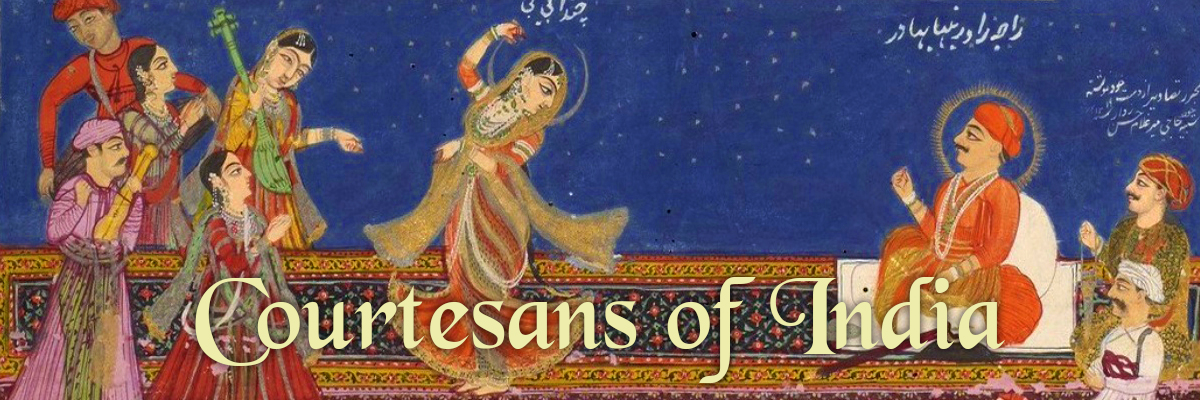Abstract:
Bhakti is viewed as a movement that is subversive of orthodoxy, and inverts the societal norms prescribed by the dharmashastras. This paper looks at the Bhakti movement’s long history and transformations into the nineteenth century in Punjab. If womanly dharma within the normative tradition is defined by sexual containment through marriage and wifehood, the accumulated Bhakti legends and hagiographies are examined to see the place of the prostitute in it, and the limits of its revolutionary potential are brought to the fore. By looking at the writings of the Muslim prostitute Piro who comes to live in the establishment of a ‘ Sikh’ guru Gulab Das, in Chathianwala near Lahore during the period of Ranjit Singh, this paper attempts to read Piro’s use of Bhakti legends and imagery to build support for her unusual step. The imbrication of the Gulabdasis in hybrid practices that borrowed elements from advaita, Bhakti and Sufi theologies is also delineated. The paper shows Piro’s engagement with the radical potential of Bhakti, but also maps her move towards social conformity—the paradox that makes her look at herself simultaneously as a courtesan and as a consort. Abstract from JStor: This paper also includes translations of the poems discussed and as such has been indicated as both a primary and a secondary source.
